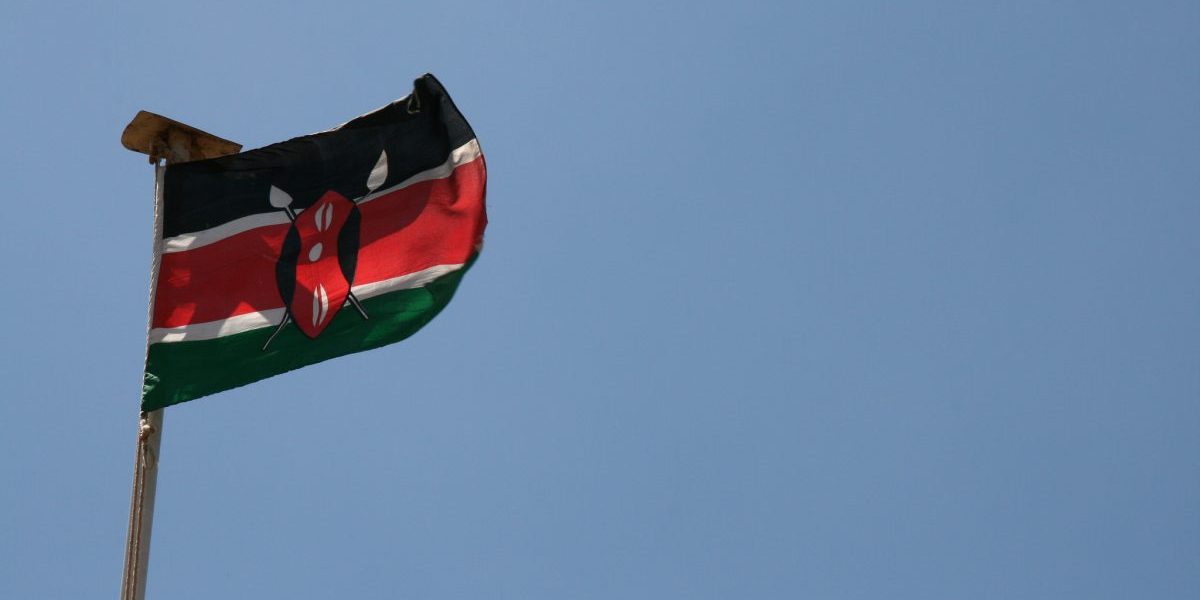The study, A Survey of Seven Years of Waste, released by the Nairobi-based Center for Governance and Development in 2001, offered a detailed picture of corruption during the 24-year tenure of former President Daniel arap Moi.
Funds were drained from the treasury without parliamentary consent through ‘pending bills’, under which officials committed government to pay for purchases or construction for which there was no valid authorization. Later, the work would be halted long before the project was finished, and a contractor would demand and receive payment from government – including interest and late penalties. As a result, a huge number of schools, clinics and roads cost the public millions but were never completed. The study found that only 3% of the projects begun by the office of the president were ever completed (See story on corruption, page 14).
A survey conducted by the Anti-Corruption Police Unit in 2002 found that 75% of respondents had witnessed corrupt activity and 60% were victims of it. Out of that 60%, 49.9% reported that they had to pay a bribe to obtain service from a civil servant.
The Kenyan branch of Transparency International interviewed 1,164 Kenyans about their dealings with public institutions. Two-thirds of respondents reported having to pay bribes or facing negative consequences for refusing to do so. The highest incidents of bribery involved encounters with law enforcement, the ministry of lands, the attorney general’s chambers, the Nairobi city council and the Agricultural Finance Corporation.
The survey designers noted that corruption under Moi was an organised system of extortion in which junior officials at each level of the police and other agencies pay over portions of their illicit takings to superiors.








